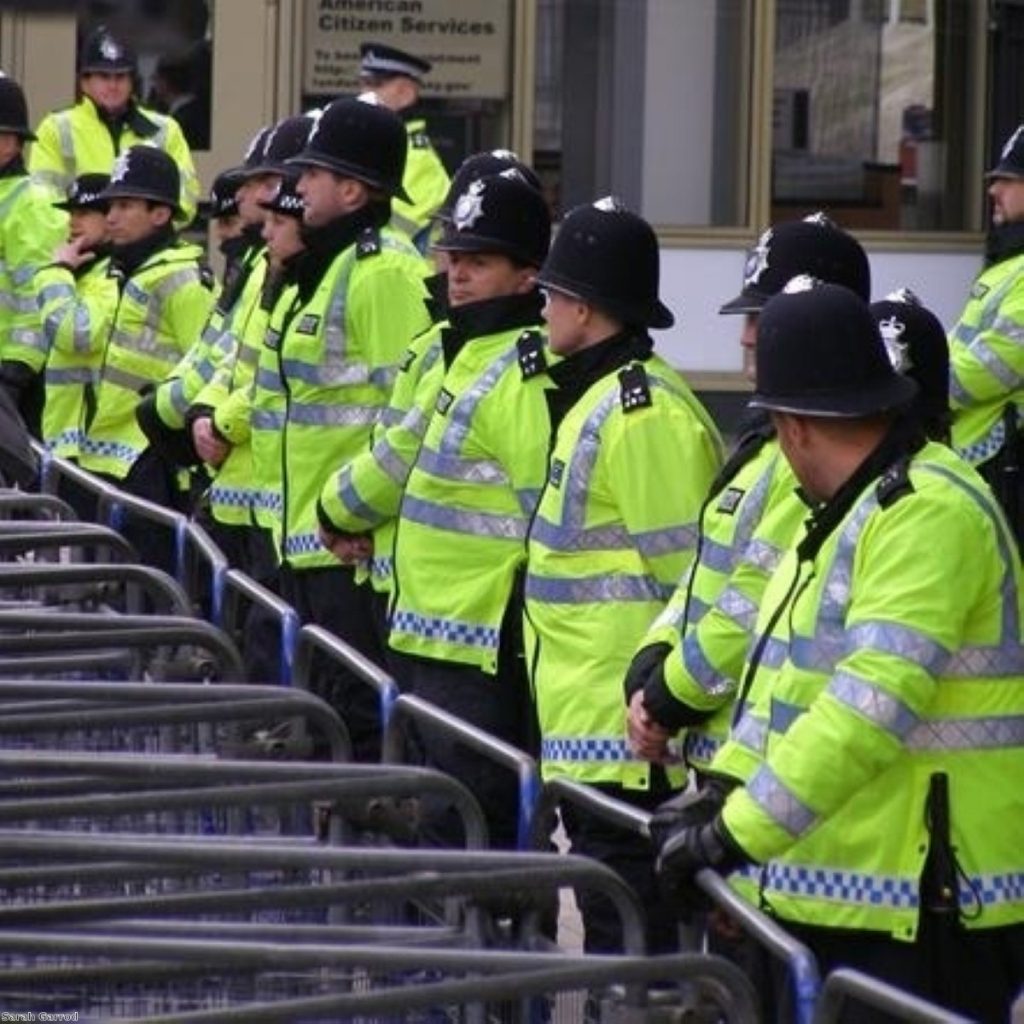G20 policing strategy questioned
By Liz Stephens
The police at the G20 protests failed to recognise the rights of protesters, according to a report by an influential committee of MPs.
The joint select committee on human rights said in the report the use of kettling as a tactic during the G20 protests meant the police “did not recognise the rights of the protesters who were contained”.
The committee expressed concern that there is “a long way to go before promoting and protecting human rights is central to police policy, training and operations”.


The report calls for a legal requirement for officers to wear identification numbers while on duty.
It also recommends the provision of toilets, water and medical facilities if protesters are to be contained in future, and stresses police should make efforts to allow people to leave as soon as possible.
Andrew Dismore, chair of the committee, said: “There were obvious problems with this policing operation.
“There must be clear safeguards in place to make sure containment is used only when necessary and proportionate.
“It did not help that communication was so poor between police and protesters. Both sides must try to improve this in future.”
Concern was also expressed about the role of the Association of Chief Police Officers (Acpo).
The report said: “Acpo is taking on an increasingly important role as an informal regulatory body for police forces – producing guidance on public order and other operational matters: to what extent is it answerable to the Home Office for the advice it provides?”
The police were not the only body that the committee found fault with, however. The report concludes: “The main responsibility for talking up the prospect of violence and severe disruption rests with the media, not the police”.
But the report is critical of the police for not countering exaggerated media reports “quickly and authoritatively”.
The Independent Police Complaints Commission (IPCC) received 277 complaints about the protests.









